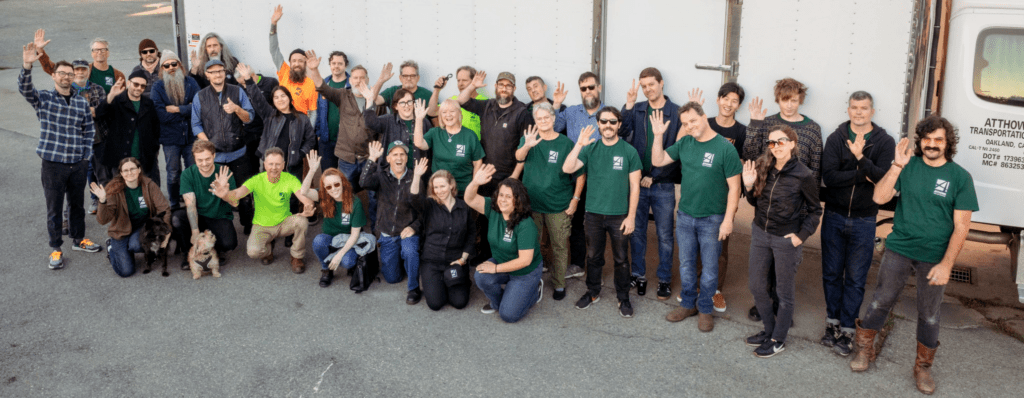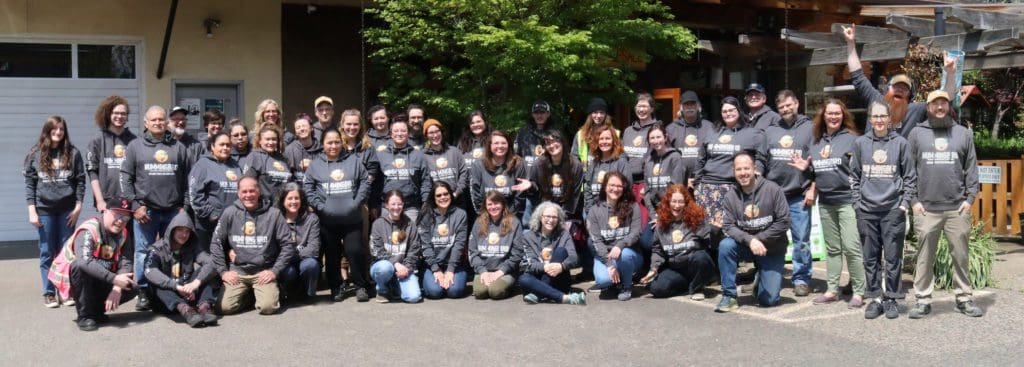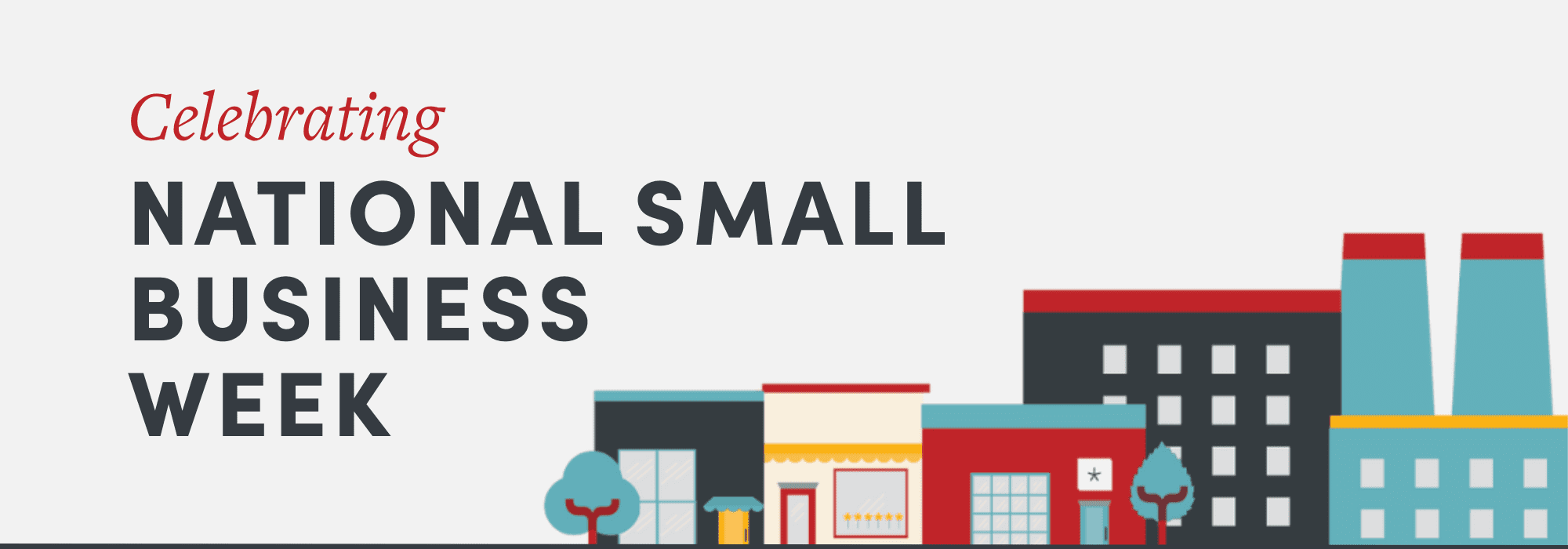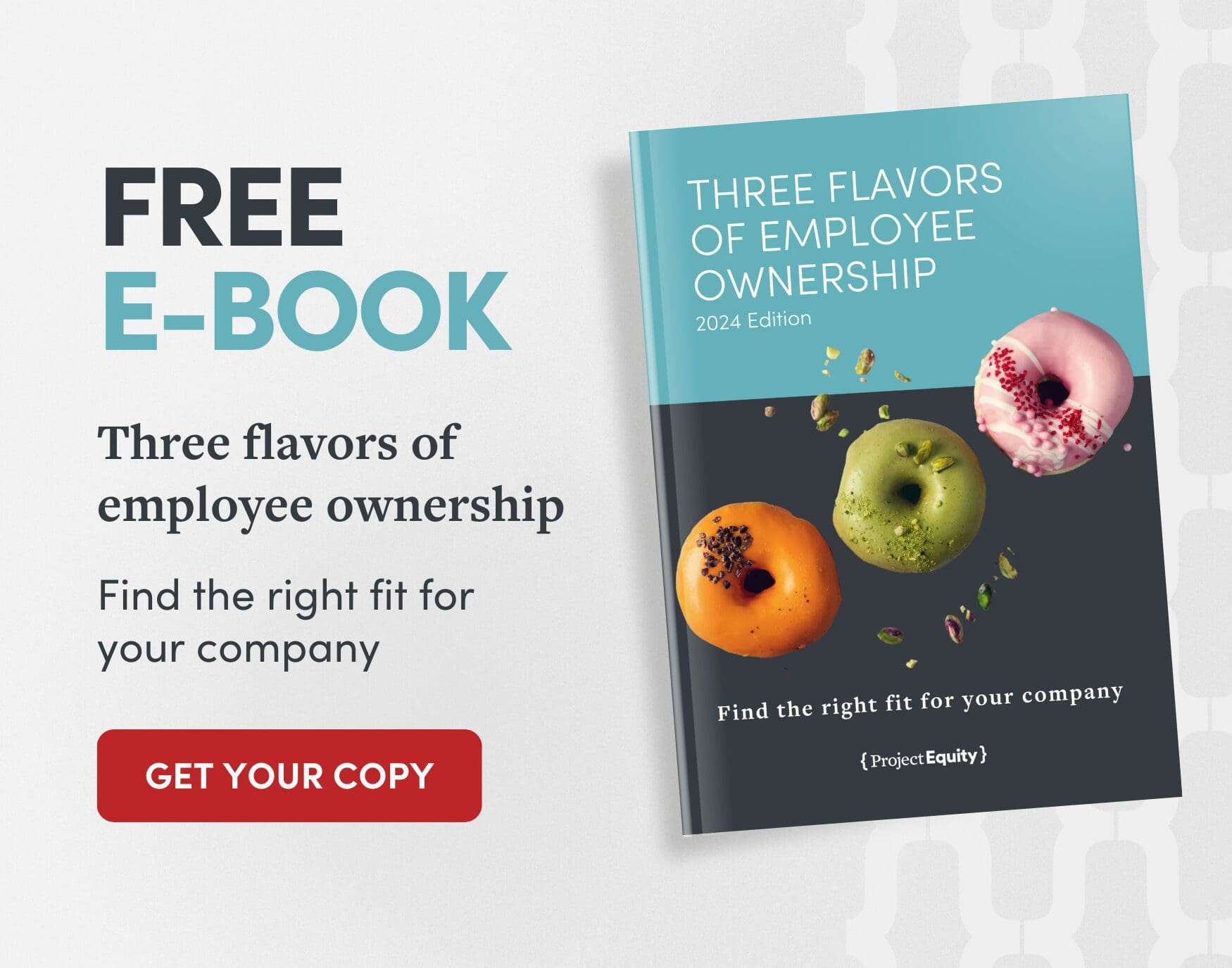Four small businesses share their employee ownership journeys
- Tyler Rivera
The U.S. is home to nearly 6 million small businesses that serve as the beating heart of our communities. Small businesses create good, stable jobs, provide essential goods and services and recirculate revenues that strengthen local economies.
At Project Equity, we believe that employee ownership (EO) is one of the most powerful tools to help these businesses thrive now and into the future. Not only does EO provide business owners with a meaningful succession strategy and pathway to retirement, but it also preserves jobs, keeps businesses locally rooted and creates powerful asset-building opportunities for working people.
In honor of National Small Business Week, I want to shine a spotlight on four small businesses that Project Equity has helped transition to EO. Their inspiring stories showcase the diverse ways small businesses are not just surviving but thriving, thanks to employee ownership.
From better benefits to deeper employee engagement and cultures of transparency and ownership, we’re excited to share their stories.

1. Atthowe Fine Art Services
- EO Type: Worker Cooperative
- Industry: Fine Arts Installation & Delivery
- Location: Oakland, CA
- Number of Employees: 44
- Transition Year: 2021
Atthowe Fine Art Services is an employee-owned cooperative dedicated to the safe handling and conscientious stewardship of fine art and cultural objects. Their services include transportation, freight-forwarding, packing, crating, installation, framing, storage, specialized rigging, project management and large construction projects.
Since becoming employee-owned four years ago, Atthowe has deepened its commitment to supporting its workforce. They have enhanced their retirement matching programs, preserved a remarkably low-cost, high-quality Kaiser medical plan and implemented company-wide wage increases.
Beyond benefits, Atthowe has invested in stronger internal systems to support employee engagement. “We’ve rolled out new communication tools and increased trainings, allowing ideas to move through the right channels with appropriate context,” a representative from Atthowe said. Atthowe has also standardized scheduling for staff and board meetings to boost participation.
To further reinforce the effectiveness of their cooperative, Atthowe has instituted a number of new roles focused on employee training, hiring, governance and overall employee support—laying the groundwork for a culture of shared ownership and continuous engagement.
For more information about Atthowe Fine Arts Services, check out their ownership story and read about the legacy of their selling owner, Scott Atthowe.

2. California Solar Electric Cooperative
- EO Type: Worker Cooperative
- Industry: Construction
- Location: Grass Valley, CA
- Number of Employees: 24
- Transition Year: 2019
As California’s first-ever employee-owned solar cooperative, California Solar Electric Cooperative is pioneering a new model for expanding clean energy solutions while supporting the economic vitality of their community. Founded in 2000, Cal Solar installs solar and battery backup systems for homeowners and businesses across the Northern California region. Since transitioning to a worker cooperative in 2019, Cal Solar has continued to grow—not just in its solar design and installation services, but also in its commitment to building an engaging, values-driven workplace.
“After we became an employee-owned cooperative, we focused on introducing policies that increase financial security, foster professional growth and elevate overall quality of life,” a representative from Cal Solar said. Employees have the opportunity to become co-owners of the cooperative by investing in equity shares via a flexible payment plan, with profits distributed annually through patronage dividends. Cal Solar also invests significantly in workforce development. The cooperative creates pathways for upskilling through on-the-job training and mentorship opportunities. They also provide funding for advanced solar certifications such as NABCEP, as well as leadership and cooperative governance workshops.
Cal Solar is also focused on cultivating a culture of transparency and trust. They introduced a standalone conflict resolution procedure and encourage open feedback through routine check-ins and anonymous surveys. The Cal Solar Board regularly reviews wage equity and cost-of-living adjustments, ensuring that compensation grows alongside rising costs in the region. “We are especially proud of our Employee Satisfaction score (eNPS) of ~96%,” an employee-owner from Cal Solar shared. “This high rating underscores how strongly our people recommend working here and feel engaged.”
Read their ownership story to learn more about California Solar and why they transitioned to EO.

3. Hummingbird Wholesale
- EO Type: Employee Ownership Trust (EOT)
- Industry: Manufacturing
- Location: Eugene, OR
- Number of Employees: 51
- Transition Year: 2023
Hummingbird Wholesale, a Eugene, Oregon-based organic wholesale food distributor, is committed to doing business with purpose. As one of Oregon’s first EOTs, they are dedicated to being a positive force for change in the organic industry through employee ownership.
“We seek to provide a shared ownership experience and to serve as a co-creator of life-enhancing, inclusive and healthy food systems for our regional and global community,” a representative from Hummingbird said. “We do this through living our mission and values in our business practices—supporting and co-creating a more sustainable, equitable, organic and regionally-based food system.”
Since becoming employee-owned two years ago, Hummingbird has committed to fostering a culture of transparency and shared ownership. They practice open-book management where employees are invited to participate in weekly all-company huddles to review their financial and departmental KPIs. All employees also receive basic finance education to deepen their engagement during these conversations.
Beyond financial transparency, Hummingbird’s culture is enhanced through an emphasis on community building and involvement. Monthly activities, including themed potlucks and cook-offs, help strengthen internal connections. Employees also receive a volunteer stipend for up to four hours per month, and the company donates between 3-6% of annual net profits, both in financial contributions and food, to nonprofits across the region.
Together, these efforts are contributing to a high-level of satisfaction across the Hummingbird team: Their current Net Promoter Score—a widely used measure of employee satisfaction and engagement—stands at 57, significantly above the cross-industry median of 44. “Compared to our industry peers, we strive to make a greater overall positive impact and, I believe, we do so,” an employee-owner from Hummingbird reflected. “From our ownership structure and business activities to our culture of Coworker empowerment and community engagement, we seek to provide a shared ownership experience. For companies considering an ownership change, an EOT is a great option. Not only does the EOT structure serve employees, it has proven, for us, to be good for business.”
Check out this Q&A with Hummingbird Wholesale or watch this video to learn more about their story.

4. RDA Consulting
- EO Type: EOT
- Industry: Professional Services
- Location: Oakland, CA
- Number of Employees: 30
- Transition Year: 2022
RDA Consulting is a mission-driven, employee-owned, majority-women-managed social purpose corporation that partners with government agencies, foundations and nonprofits across the country to address barriers to individual, organizational and community well-being. RDA consultants help diverse clients tackle a range of challenges related to the criminal and juvenile justice systems, community health, human services and workforce development.
With nearly four decades of experience working toward a just and equitable society, RDA has long centered purpose in its work—but its recent transition to an EOT in 2022 has deepened that commitment. “Our first two years as an EOT have enabled RDA to concretize our mission-driven status as a Special Purpose Corporation (SPC), placing our mission and our employees at the top of our priorities,” a representative from RDA said.
Since becoming employee-owned, RDA has introduced several new policies aimed at improving employees’ financial security, job quality and work-life balance. “In our view, our people are our product, and staff wellness, engagement and development are all critical business metrics impacting our bottom line,” an RDA employee-owner shared.
These new measures include: integrating performance bonuses and salary increases into the annual budgeting process; adopting a formal compensation plan that provides greater structure and transparency around pay and promotion decisions; and establishing a profit-sharing program to distribute company earnings in years with strong margins. RDA also prioritizes flexibility, offering a hybrid work model with in-office access for local employees and part-time return options for those coming back from medical or family leave.
“In addition, RDA offers significant work flexibility in terms of hours, fully paid health care for all employees, and a retirement savings plan with an employer contribution,” an RDA representative emphasized. These investments reflect RDA’s commitment to not only driving systems change for their clients but also advancing meaningful improvements within their own workplace.
Dive into their ownership story to learn more about RDA Consulting’s journey.
The future is bright: how EO fuels shared success
These four small businesses demonstrate how transitioning to employee ownership represents far more than a change in business structure—it opens the door to fundamental transformations in company culture, employee engagement and organizational excellence. From boosting financial security and workplace transparency to deepening community connections, each story is proof that when workers have a real stake, everyone wins.
As the movement for employee ownership grows, these businesses offer a blueprint for how shared ownership can lead to shared prosperity. With continued investment and awareness, we can make the future of work more inclusive, equitable and purpose-driven for all.
- Want to learn more about the benefits of EO? Explore other ownership stories or our impact report.
- Learn why the small business Happy Earth Cleaning Co-op is also thriving thanks to EO.
- Are you an advisor? Check out this guide to see why else EO helps small and mid-sized businesses.
About the author
Tyler is passionate about building a more just and democratic economy that works for all. As Ecosystem Development Manager at Project Equity, he advances efforts to scale employee ownership by helping partner organizations build lasting EO capacity and infrastructure across key regions. He also coordinates Project Equity’s Impact Measurement & Management (IMM) program, which captures data on the benefits of EO transitions for workers, businesses, and communities. In addition, he has led policy research focused on advancing Black wealth building and economic opportunity through EO as project manager for a research partnership with Morehouse College and the University of California, Riverside.



